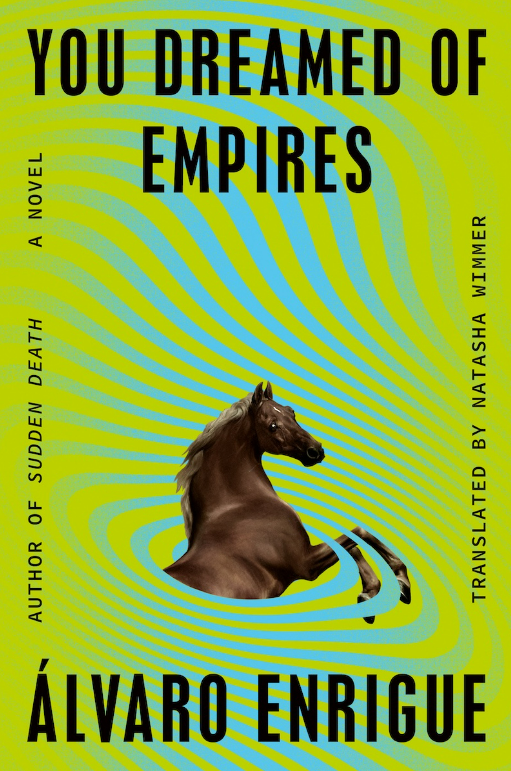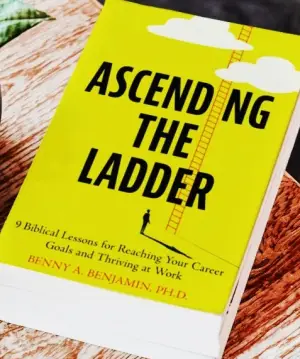You Dreamed of Empires: A Journey Through Time and Tragedy
When I first picked up You Dreamed of Empires by Álvaro Enrigue, I was immediately drawn in by its audacious premise: the Spanish conquistadors arriving in Mexico in 1520. As I navigated this intricate landscape, I often found myself reflecting on the Greeks—both their epic tales and tragic journeys. Enrigue’s masterful prose invited me into a world where myth and reality entwine, evoking the same feelings modern readers have when first encountering the ancient epics.
Set entirely within the high-perched palace of Emperor Moctezuma, the narrative spans just one day but is rich with themes of fate, hubris, and the complexity of human ambition. Cortés, described as “eagle-eyed,” conjures the image of John Keats’s “stout Cortes when with eagle eyes.” This amalgamation of Greek drama and historical events impressed me deeply. The dynamics between Cortés and Moctezuma, both powerful yet flawed leaders, explore the tragic nature of ambition. Their “conversation” in what they mistakenly thought was Greek, layered with humor and irony, felt like a modern retelling of classic miscommunications that led to severe consequences.
One of my most significant epiphanies while reading Enrigue’s work was recognizing how faithfully he adheres to the Greek unities of time, place, and action. The singular focus on Moctezuma’s palace and the unfolding drama around a crucial, history-altering decision creates an intensity reminiscent of a one-act Greek play. And, like any great tragedy, Cortés’s journey is steeped in hamartia—his fatal mistake invites disaster. The reversal of fortune stretches beyond individual characters and speaks to the broader consequences of ambition and decisions that reverberate through time.
Enrigue’s style demands engagement; his choice to weave Nahuatl vocabulary throughout the narrative can make for a challenging but enriching reading experience. You find yourself immersed in the intricate cultural fabric of Moctezuma’s court. While initially daunting, it ultimately afforded me a deeper connection to the characters and their world. Yes, I struggled. But in that struggle, I discovered layers of meaning that were both educational and enlightening.
There were moments of sheer beauty in the text, such as Enrigue’s subtle nods to the tragic fate that awaits Moctezuma—a reminder of the smallpox that would upend his power. This meta-fictional element—akin to a Greek parabasis—adds depth, compelling readers to ponder the nature of fate and fortune.
My book group’s reactions were as diverse as the narrative itself: some loved it, others found it intensely challenging, and I stood somewhere in between, admiring its ambition while wrestling with its complexity. Yet, it’s this very complexity, enriched by elements of an ancient tragedy, that speaks to anyone yearning for a rich, layered reading experience.
You Dreamed of Empires is not merely a story about conquest; it’s a reflection on the human condition, ambition, hubris, and the tragic cycles of history. I recommend it to anyone fascinated by history, those yearning for depth in narrative, or readers intrigued by the interplay of culture and language. Enrigue has created something truly memorable, and even in its challenges, the experience is profoundly rewarding, leaving me with much to reflect upon long after the final page.
[ad_2]
Discover more about You Dreamed of Empires on GoodReads >>







